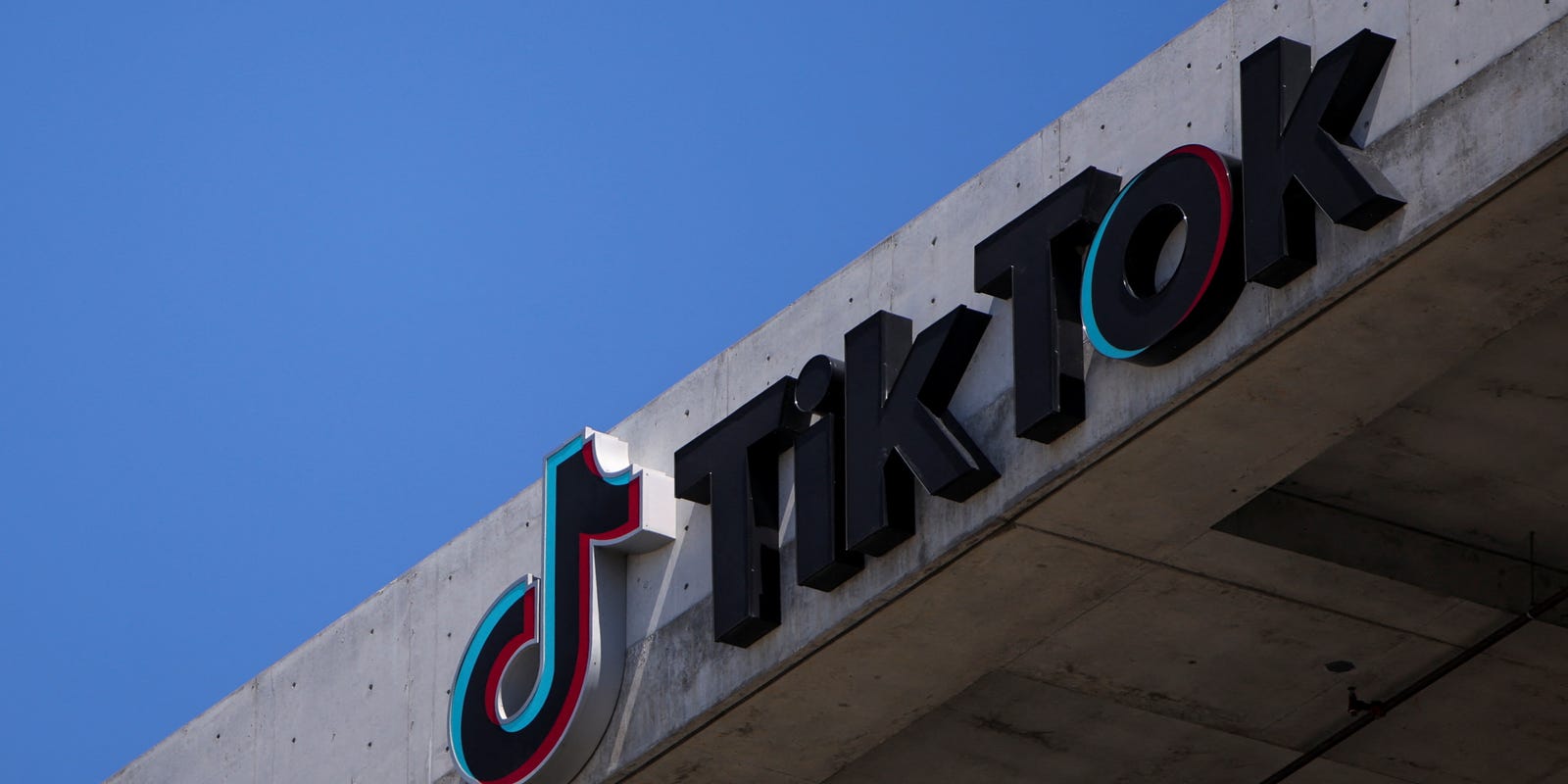Mental Health Minefield: Alabama Takes Aim at TikTok's Teen Turmoil

Alabama AG Takes Aim at TikTok: A Landmark Battle for Youth Protection
In a bold move that signals growing national concern about social media's impact on young users, Alabama Attorney General Steve Marshall has launched a significant legal challenge against TikTok and its parent company ByteDance. The lawsuit targets critical issues of youth safety and digital privacy that have been simmering beneath the surface of the popular video-sharing platform.
Marshall's legal action zeroes in on the potential risks TikTok poses to minors, highlighting mounting worries about the app's data collection practices, content exposure, and potential psychological impacts on young users. This lawsuit represents a broader push by state officials to hold social media giants accountable for protecting vulnerable young audiences.
Key concerns in the lawsuit include:
- Aggressive data collection practices
- Potential exposure to inappropriate content
- Algorithmic recommendations that might harm young users' mental health
- Transparency and consent issues surrounding user data
As the legal battle unfolds, it could set a precedent for how social media platforms are regulated and held responsible for protecting younger users in the digital age. Parents, educators, and policymakers are watching closely to see how this landmark case might reshape online safety standards.
